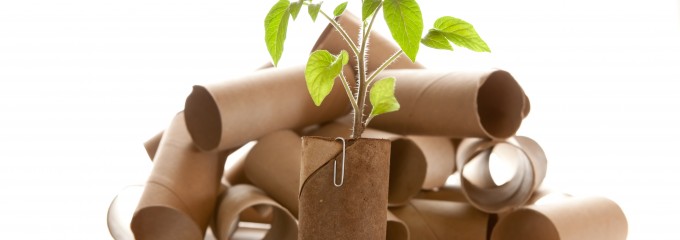Ditch the Plastic

Plastic is hard to avoid. The material seems to be everywhere—near our food and drinks, housing our electronic devices, even in our children’s toys. With such pervasiveness, it can be easy to assume that all of these uses are safe. But there is scientific evidence that suggests plastic may be a potential hazard. It is thus important to understand the personal and environmental risks associated with prolonged exposure to plastics, and what can be done about it. Below are some reasons you should minimize your usage of plastic and some ways to replace it in your everyday life.
Plastic is bad for the environment. Plastic comes, in part, from fossil fuels. The extraction of oil and natural gas from the earth is not an easy one, and the emissions the process creates are particularly damaging to the environment. These fossil fuels then need to be refined into the various plastic products you see on a daily basis. The factories that do the refining also emit pollution and waste, which again impact the natural surroundings of the area in which they are located.
Plastics are forever. Plastics are not biodegradable, which means they cannot deteriorate back into safe, natural materials on their own over time. Every bottle, container, and packaging construction that does not make it to the recycling plant remains in the environment in its current state. With that, plastic piles up in landfills, floats in the ocean, and harms wildlife. At the very least, this is reason enough to make sure you recycle as many things as you can.
Plastic can be bad for your health. Plastics with BPA in them have proven to be dangerous to humans, disrupting the endocrine system. Materials that don’t contain BPA but are still plastics have not had enough research conducted on them to determine how dangerous they are to humans, if at all, but why take the risk? Put simply, you are better off minimizing your contact with plastic overall.
Reach for an alternative. Now more than ever, if you don’t want to, you do not have to rely on plastic products. Manufacturers have responded to consumers’ concerns by developing products that use more stable materials than plastic. Stainless steel bottles won’t rust internally and don’t emit potentially harmful chemicals. Glass bottles and containers can store food and drinks and are easy to clean. Plastic-free fibers that are biodegradable won’t damage the planet. If you are willing to go a little bit farther, consider using bar soap over liquid soap; the reduced amount of packaging from the bar makes it the environmentally friendly alternative.
Keep it Glassy: 3 Reasons To Ditch Plastic, Even the BPA-free Stuff [Dr. Frank Lipman]
Ditch Plastic For Good: 5 Plastic Alternatives For Everyday Life [Organic Authority]
4 Ways to Ditch Plastic [Her Campus]
7 Reasons to Ditch Plastic In Your Home and 7 Ways to Do It [Mom’s Clean Air Force]